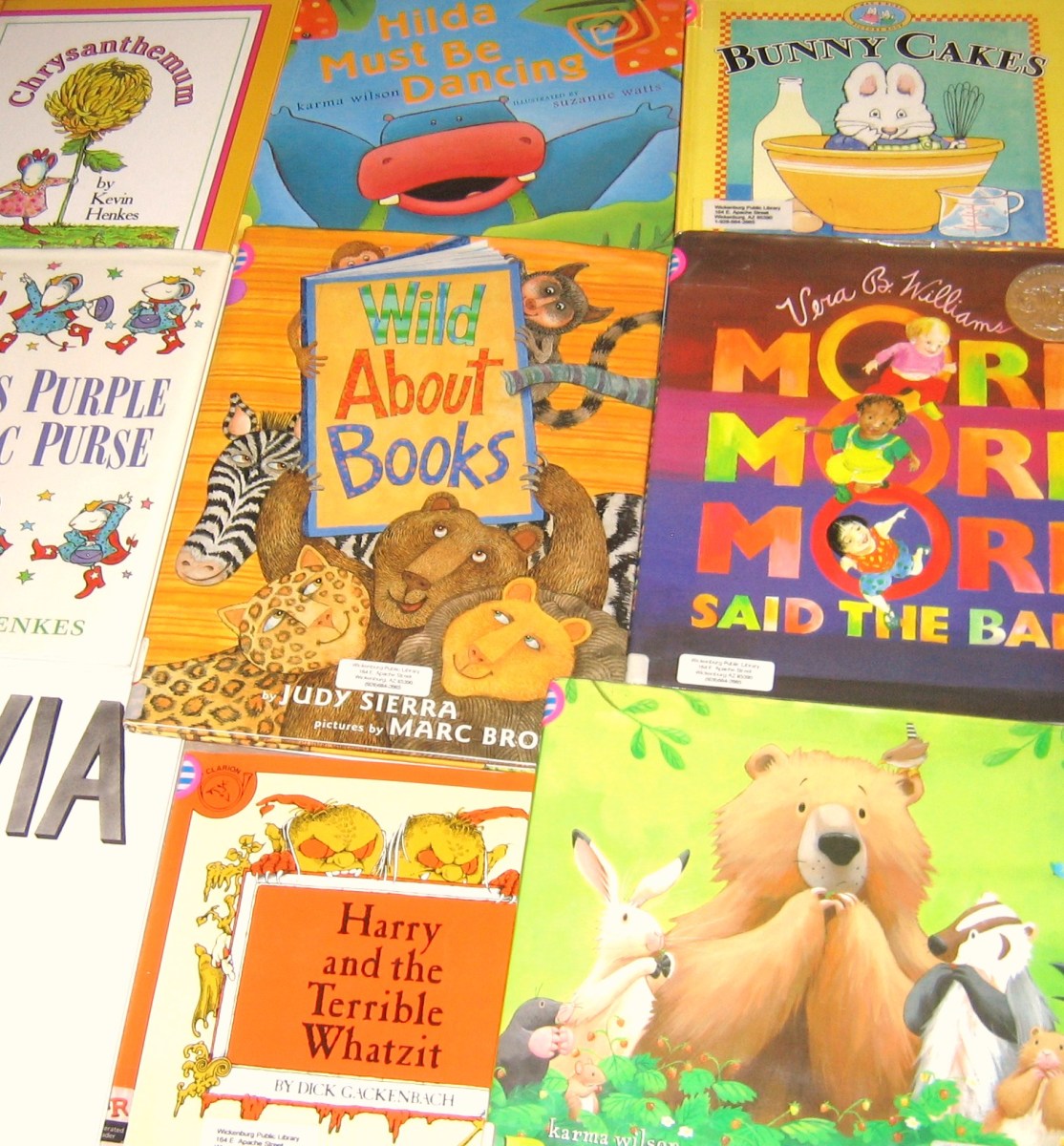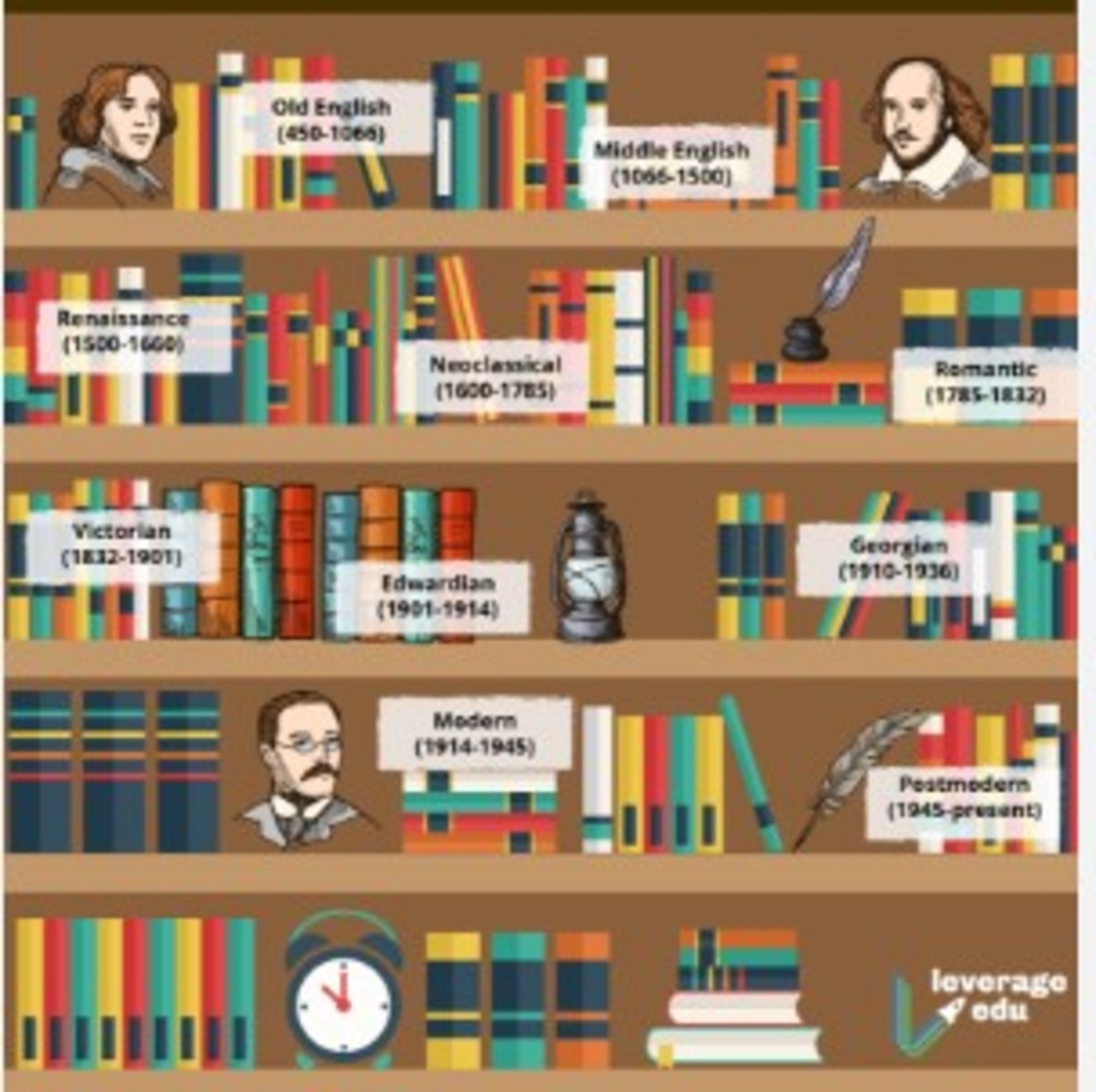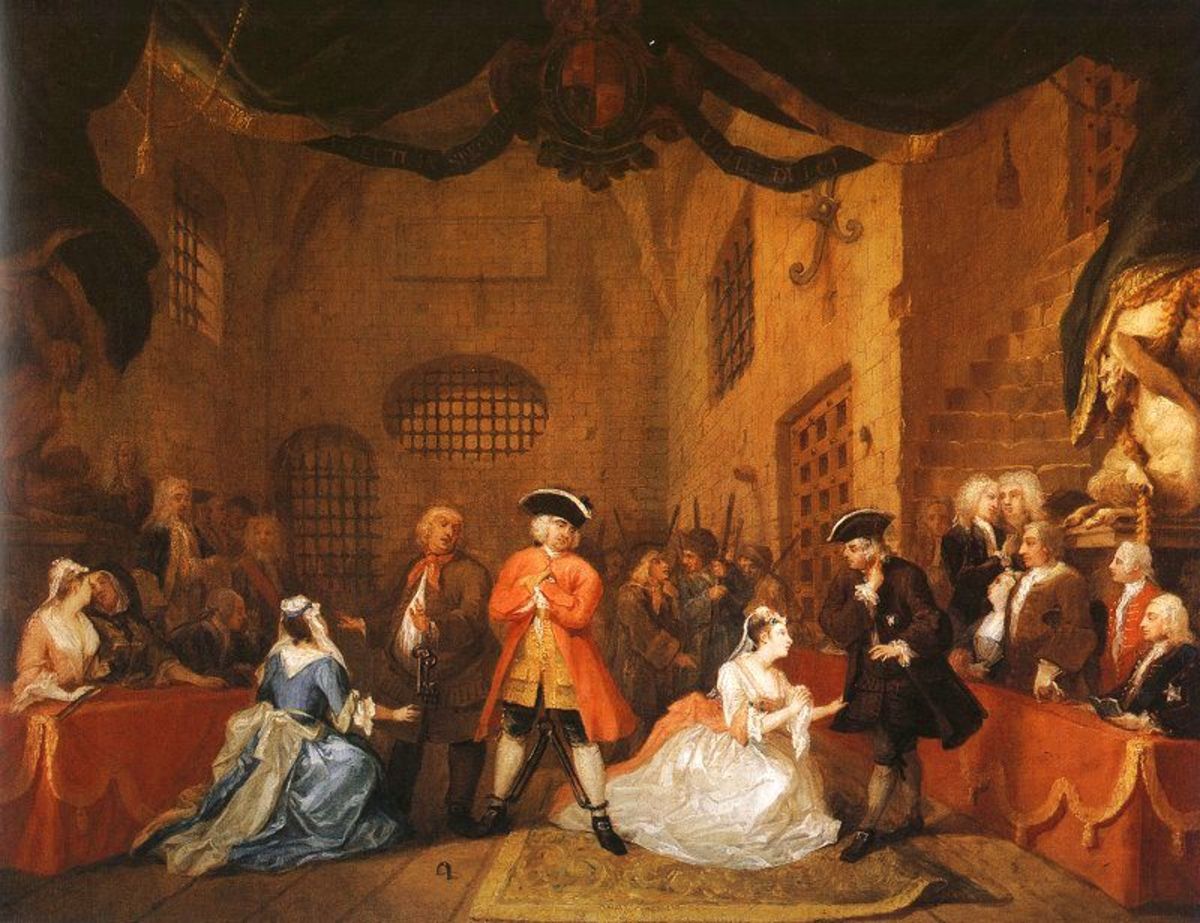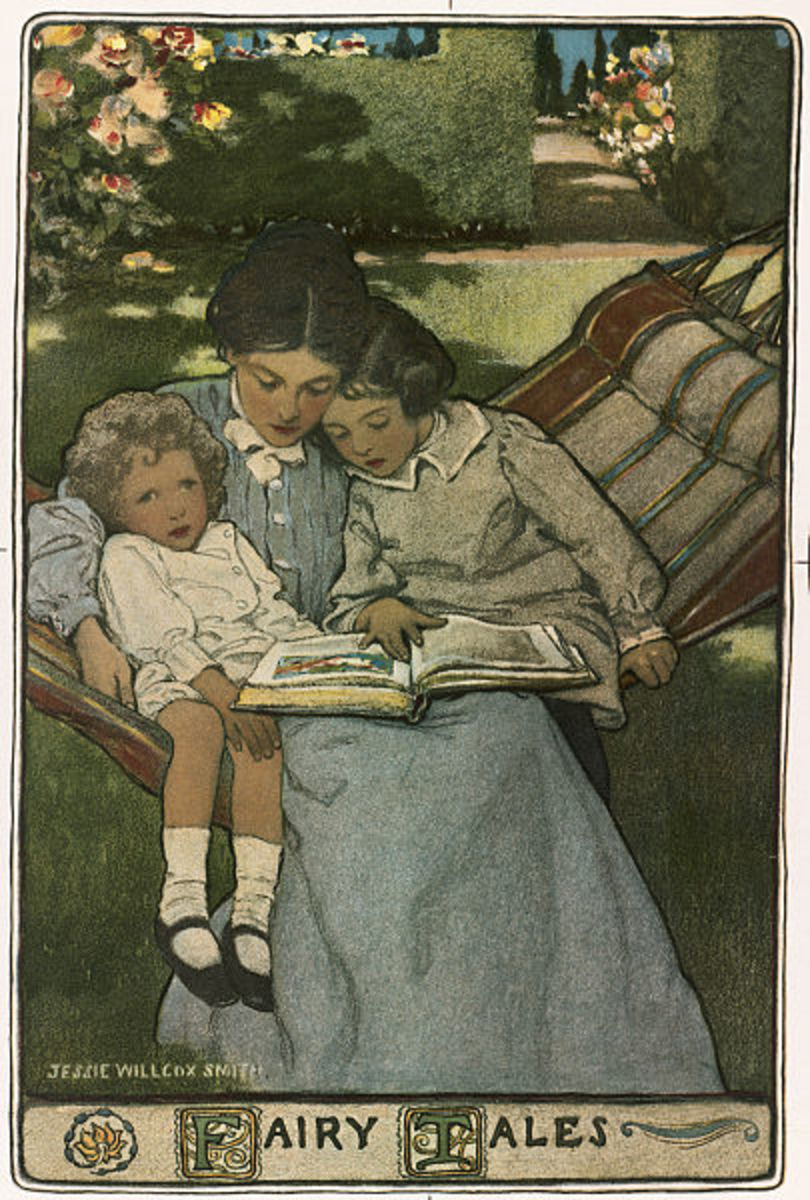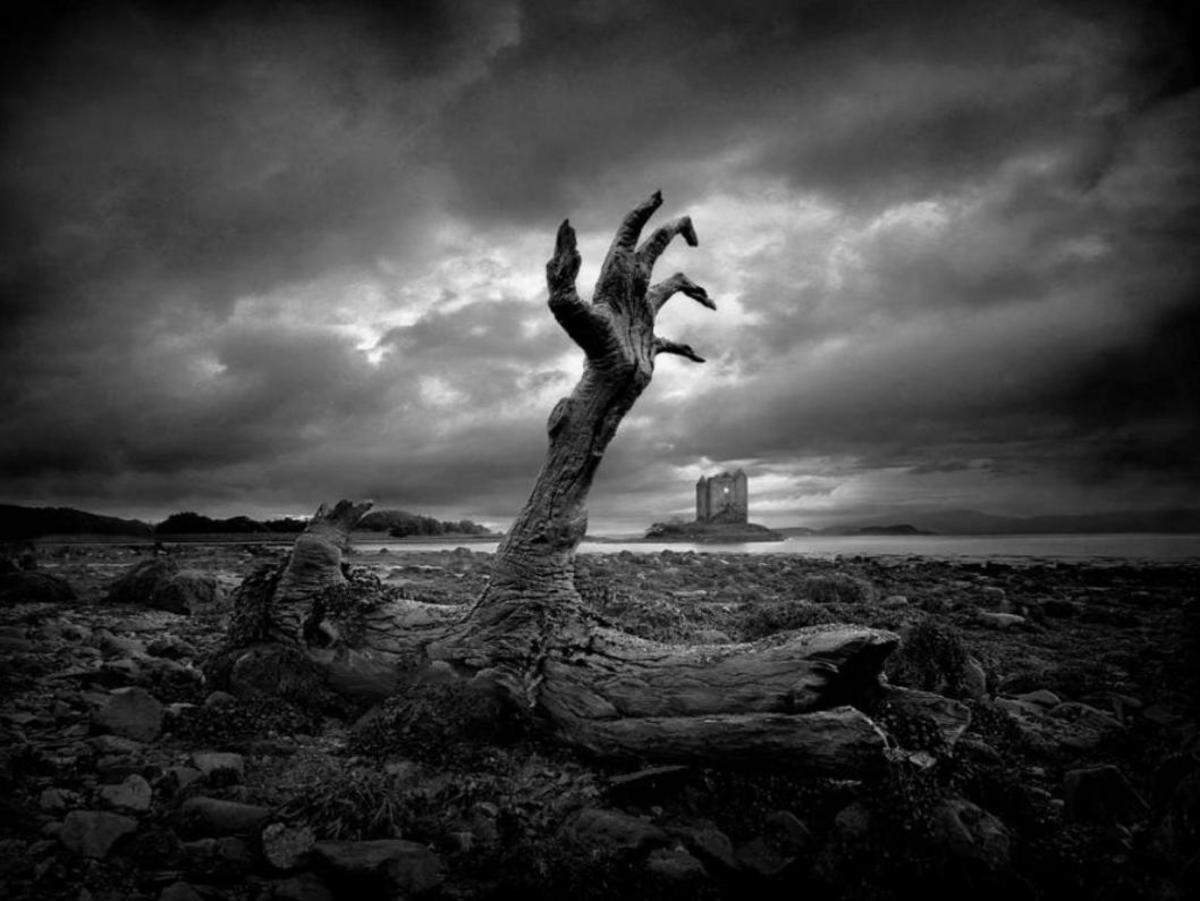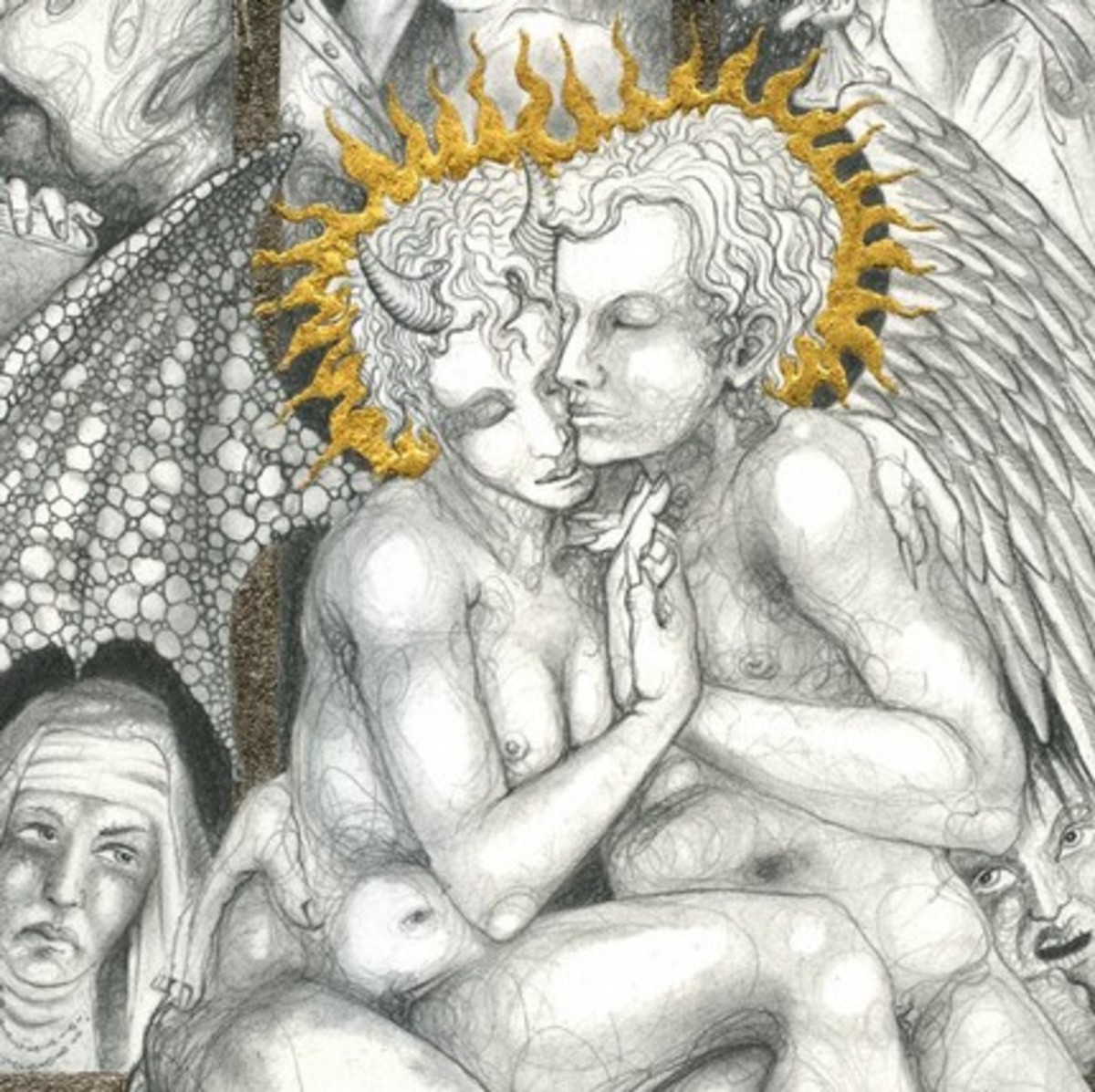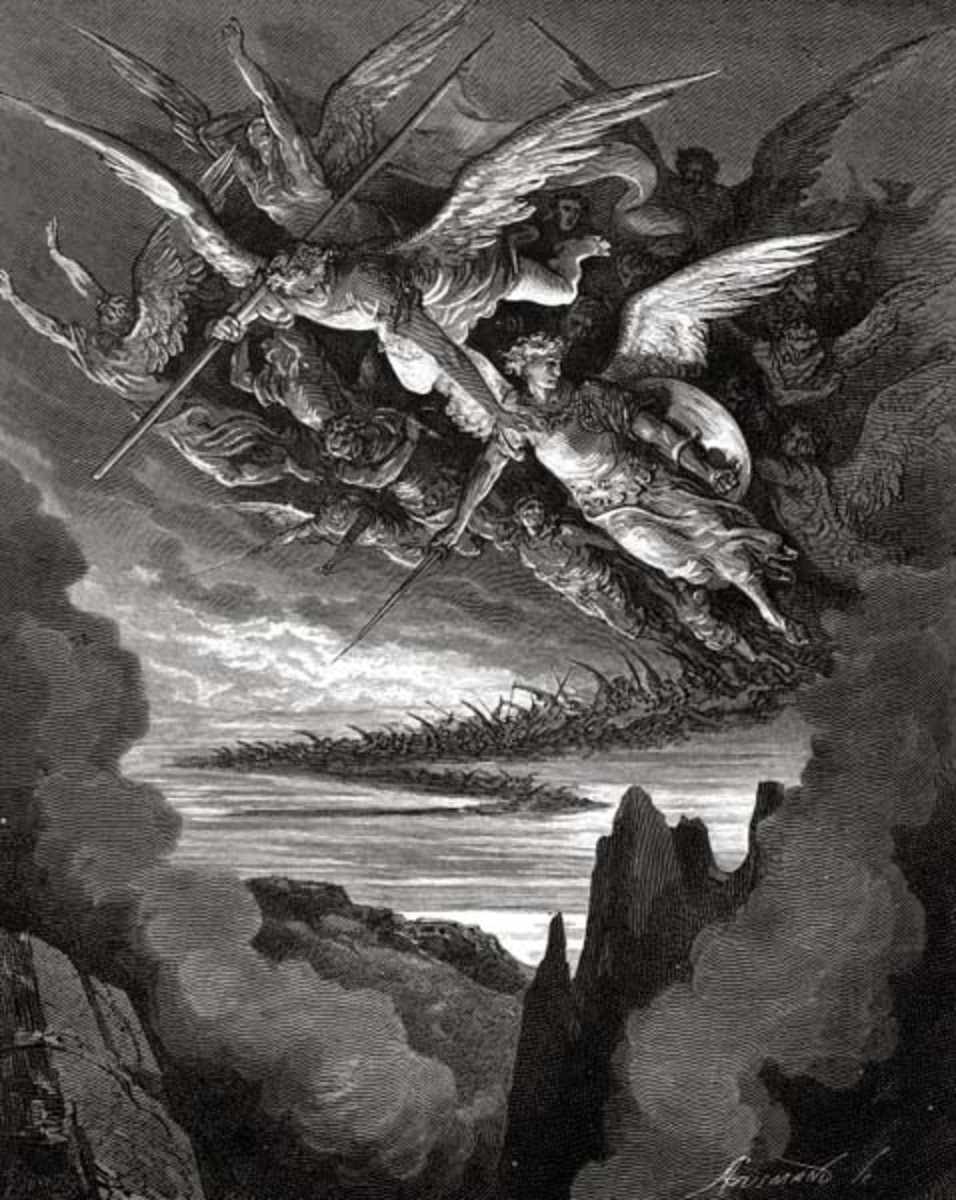Books You Should Own, But Probably Don't. Part 1: Literature: Epic Poetry (Iliad, Odyssey, Aenied, Etc.).
This is part one in a new series of hubs all of which are designed to inform and guide anyone who might want to know a little bit more about the rich tradition of art, letters and philosophy we have inherited from those who came before us.
Often times it is difficult to know what books are worthwhile, or what to expect inside. This series will give brief overviews of different works from different fields of fiction, history, drama, philsophy, and critical theory in order to help someone unfamiliar with the literary canon not only learn a little bit about our rich culture and heritage as human beings, but also make wiser investments when purchasing books for both pleasure and serious study.
I have even researched the books on amazon.com and have links to both affordable and more impressive volumes of the works. There will be several forthcoming hubs all with a specific theme or type of literature.
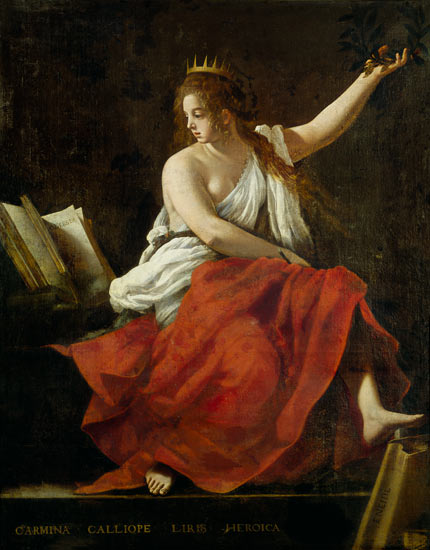
Epic Poetry
One of the earliest forms of literature on this planet was epic poetry. It can be defined as long, narrative poetry that evolved as an amalgamation of what were originally diverse and numerous oral traditions. As cultures traveled, warred, developed, and disappeared, these stories grew and were passed back and forth as they evolved and took unique shape. Sometimes these tales evolved into completely different ancient texts (take for example Gilgamesh and the Bible's nearly identical "flood" stories).
Somewhere along the way people started collecting these stories into long tales. The Greeks, who were the dominant society in the Mediterranean, told many stories about their gods and heroes of long ago. Homer, who is normally credited with the writing of the Iliad and the Odyssey, was truly more a capstone, a man who stood upon the shoulders of an entire history of storytelling. The Iliad and the Odyssey are the two longest oldest remaining examples of Epic Poetry available to us today, but they are by no means the only.
This hub will only cover a few pieces as it is impossible to own every book and the point of this series is to create a diverse and cultured collection without having to have an entire library.
Homer's Iliad

Homer's Odyssey

Virgil's Aeneid

Ovid's Metamorphoses

John Milton's Paradise Lost

Coming Next: 20th Century American Literature
These five works are just a selection in the vein of Epic Poetry and are a great starting place for anyone who has ever been interested in our literary heritage.
Next installment will cover 20th century American Literature for something to balance out all the dry reading of those ancient and epic poems!




